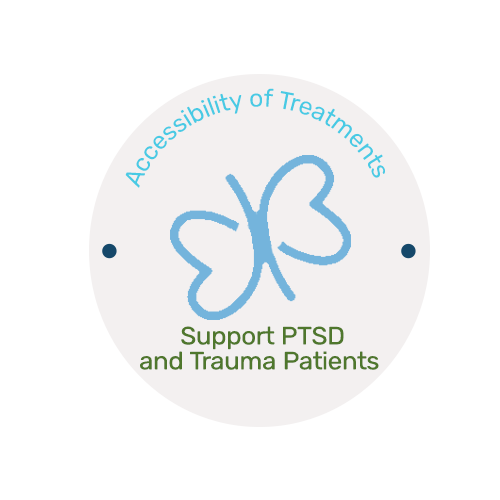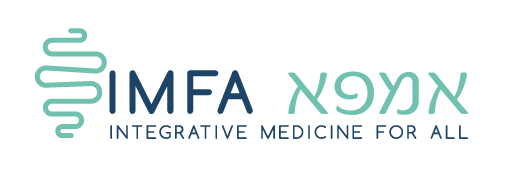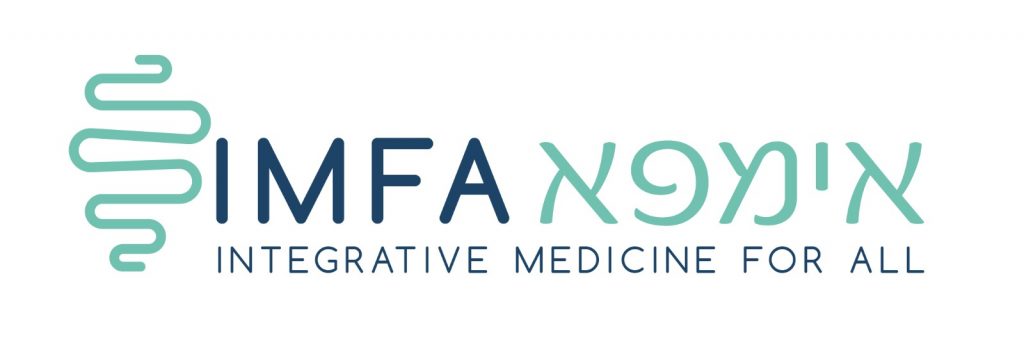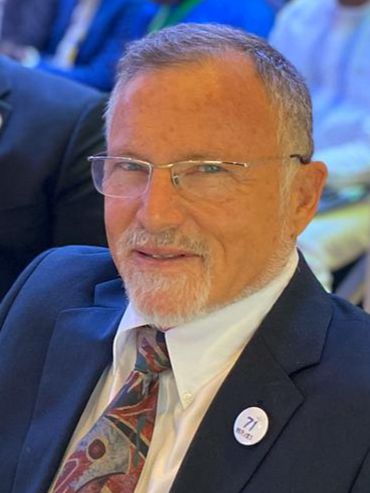
Donate to Support PTSD and Trauma Patients
PTSD (Post Traumatic Stress Disorder) is more common than one would expect. From military and police service men and women – to their families, from victims of crimes, war crimes and terror – to victims of traffic accidents, from children in war-struck zones – to COVID19 stay at home kids, from exposure to life threatening situations or conditions – to second generation to holocaust survivors. You name it.
PTSD is a condition that may occur following a direct or indirect exposure to a traumatic situation which evokes feelings of dread and horror, due to a life-threat, or a death occurrence, or severe violent actions carried upon oneself or someone else who is meaningful or nearby. As a result of witnessing such events, the witness may develop severe symptoms and behavioral dysfunctionality, including constant death anxiety, helplessness and other anxieties which are not aligned with the person’s everyday life reality.
The symptoms and disorders developed and experienced may be:
Intrusive symptoms: re-enactment of the situation, nightmares, flashbacks, evasive memories throughout waking hours, or negative reactions to triggers that evoke re-enactment of the traumatic experience, as if it is reoccurring at the very moment in the present.
Avoidance symptoms: avoidance of the trauma related triggers, avoidance of activities, places and individuals which evoke memories related to the traumatic event, memory loss, diminished interest in meaningful activities, feelings of emotional numbness and detachment, a narrowed range of emotions, and a pessimistic outlook on the future, sometimes even retirement by choice from life altogether.
Impairment of the ability to enjoy life and lack of motivation: unstable moods, a distracted, chaotic and emotionally flooded internal world, negative changes in cognition and moods with relation to the traumatic event, persistent and exaggerated negative beliefs or expectations about oneself, others or the world in general, development of negative self-thoughts such as “I am unworthy”, “I am nothing”, “I cannot trust anyone,” etc., distorted lasting cognitions associated with the causes or consequences of the event, self-blame or blaming others.
Persisting negative feelings: anxiety, fear, blame, shame, and terror.
Changes in physical arousal and reactivity: sleeping difficulties, stressful feelings, persisting irritableness, problems with concentration, exaggerated startle response, exaggerated physiological reactivity, hypervigilance.


IM therapeutic methods are specifically designated to treat unprocessed traumas. Emotional and energetic therapies help patients uncork the trauma from their subconsciousness and reshape their experience into a manageable conscious form, thereby reducing its negative impact on life.
One of the major goals IMFA took upon itself, is to be dedicated to people living under the dark shadows of traumatic experiences; to provide them with apt conditions allowing body and soul to process the trauma, and to enable them to reclaim their productiveness and normal functional abilities, so that they can fulfil themselves again and live a healthy normal life.
In order to achieve our goals concerning the treatment of PTSD, we must be able to provide service to trauma victims who are unable to cover the expenses of the IM treatments they need.
Our budget was calculated on the basis of the funds needed to provide treatments to 5 patients every month, for a 6-month term per patient, through a treatment plan that includes one 6-day full-board workshop and 12 additional individual sessions.
IMFA’s yearly budget estimate for this project is NIS 800,000


